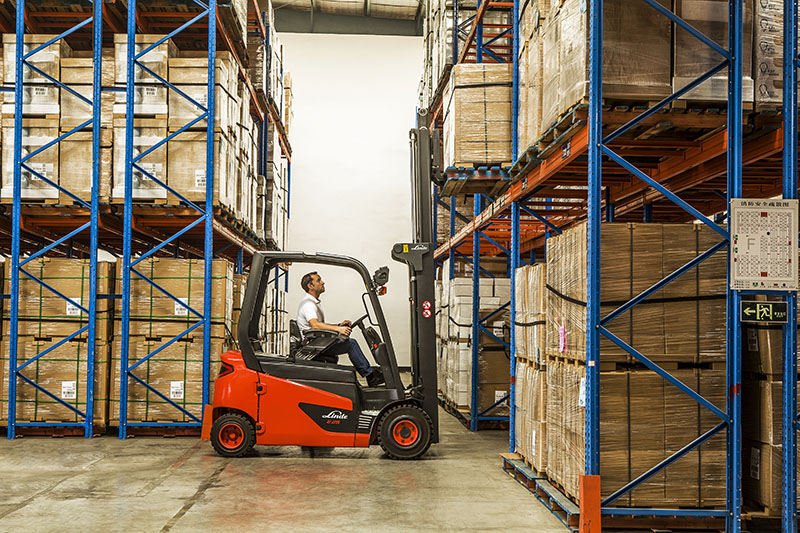The enormous demands of e-commerce are driving manufacturing plants to continuously expand storage capabilities and pick, slot, and load products faster. The cold food industry has always faced unique challenges when delivering to customers, but it has grown more complex in an age of quick turnover and delivering meal prep kits directly to a customer’s door. In addition to the refrigerated foods sector, other manufacturing industries are streamlining data analytics, automation, and improved safety regulations into their day-to-day operations.
Analyzing data
Data analytics have become a huge part of warehouse operations. The information collected influences the vast majority of management decisions. With data, managers can modify distribution centers according to customer purchasing habits and preferences. Additionally, data can highlight inefficiencies in picking and slotting strategies. Managing a fleet of wireless forklifts and collecting data from robot and AI systems can be expensive, but this technologically-driven practice provides unmatched insight into warehouse operations. Increased demand for products and their fast delivery means that warehouse managers will have to improve current sorting, picking, and slotting systems. Data analytics are the backbone of this advancement.
Incorporating automation
Automation is becoming a fixture of nearly every industry, and manufacturing is no exception. With automation, warehouses can operate 24/7 without compromising efficiency or productivity. Automated storage retrieval systems maintain a database of product locations that is updated in real-time. When the system receives a directive to ship out a particular item, it can quickly and accurately find and retrieve the product. Using radio-frequency identification (RFID) technology, products in the warehouse are assigned a tag identifying both the item and its location. Automated systems can read the radio signals emitted by the products which leads the AI directly to the item it needs. Although expensive, automated systems have a lower margin of error and can operate for significantly longer hours than a human employee.
Developing regulations
Protecting the health and safety of workers is one of the most important aspects of the manufacturing industry. “There will be more workplace regulations considering the harsh environment, leading to worker fatigue due to heavy protective gear to combat the cold,” said Bob Hasenstab, general product manager at the Summerville, S.C. branch of KION North America. “Use dedicated ‘stay in’ equipment with freezer cabs that allow operators to work a full shift without more stoppage time. These heated cabs have features like dual-pane, shatterproof windows, heating strips with block-outs for scanners, heated seats, insulation and energy saving systems.” In an effort to increase employee comfort and productivity, many warehouses are adding heated seats, floorboards and drive handles to cabs.
KION North America is a member of the KION Group–a global leader in industrial trucks, related services and supply chain solutions. We offer an impressive line of industrial forklifts including Linde and Baoli. Our sister company Dematic offers a comprehensive range of intelligent supply chain and automation solutions. For more information visit us at our website.



